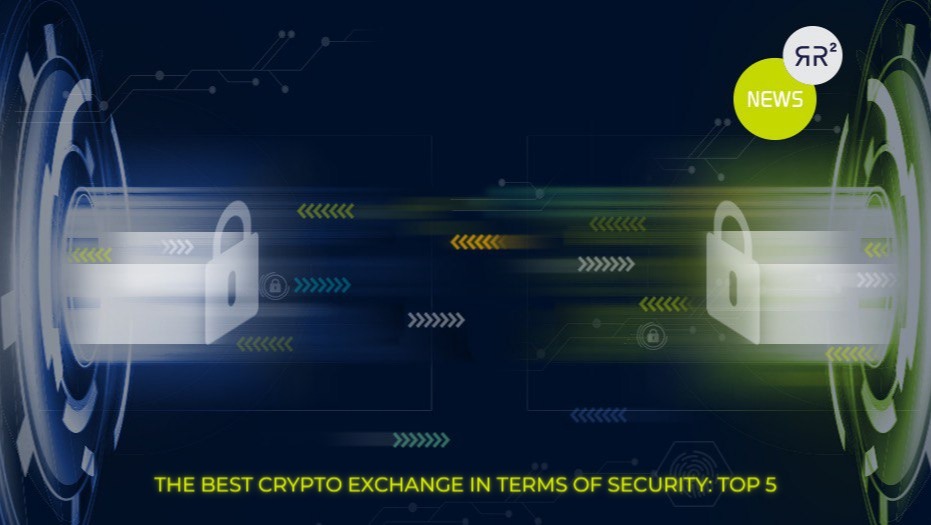Over the course of the past several years, cryptocurrencies have gained both popularity and value, which has made them an increasingly desirable target for cybercriminals. Since the inception of Bitcoin and other digital currencies, there have been several breaches on leading crypto exchanges, which has resulted in the loss of millions or even billions of dollars.
Although many crypto exchanges frequently compensate customers whose digital assets are stolen in the event of a hack, no one ever wants to find themselves in that position in the first place.
Read on as RR² Capital outlines the top 5 most secure Bitcoin and crypto exchanges in the world.
What Is A Crypto Exchange?

First things first, you need to understand exactly what a crypto exchange is. You can’t just buy crypto from your local bank, stock exchange or investment firm, you need to buy it from a dedicated online marketplace: A crypto exchange – a dedicated marketplace where you can buy and sell or even trade cryptocurrencies, like Bitcoin, Ether or XRP.
Crypto exchanges operate in a manner that is quite similar to that of other trading platforms that you may already be acquainted with. Most crypto exchanges offer more technical trading tools for advanced traders, including features like margin trading or futures trading accounts.
These services are, however, restricted in some countries. Some crypto exchanges even provide users with the opportunity to earn money on their digital assets through features like crypto staking or crypto lending.
Types Of Crypto Exchanges
Crypto traders can buy, sell, and convert cryptocurrencies on any crypto exchange. There are, however, two main types of crypto exchanges: Centralized exchanges (CEXs) and decentralized exchanges (DEXs).
What Is A Centralized Exchange?
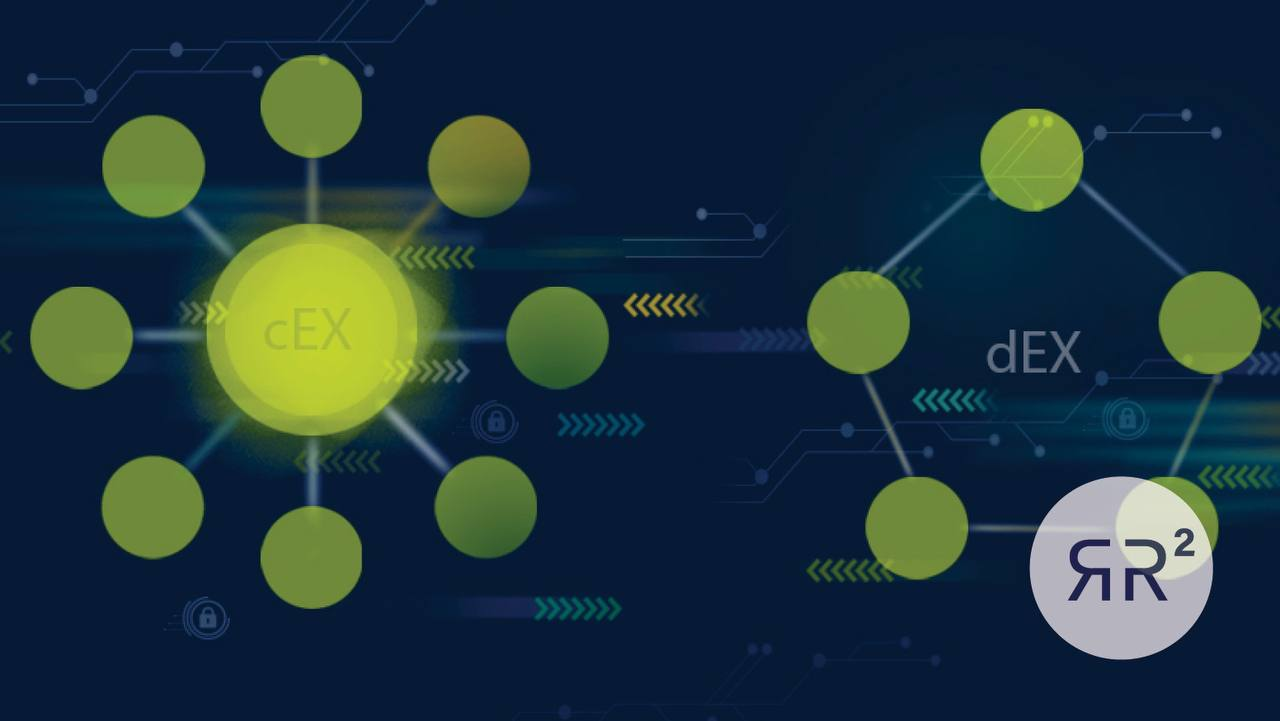
Centralized crypto exchanges or CEXs, are dubbed as being ‘centralized’ because they are run and controlled by one single entity or organization. Centralized exchanges enable users to transfer their fiat currencies into cryptocurrencies, making it simple for anyone to get started trading cryptocurrencies. Because they are so easy to navigate, centralized exchanges are often regarded as the most common place for buying and selling virtual assets.
Newbie traders tend to lean more towards centralized exchanges because they are easy to navigate and it’s fairly easy to link your bank account or debit card to buy, sell and trade Bitcoin.
On the other hand, this convenience does come with slightly higher trading fees because of crypto exchange fees.
What Is A Decentralized Exchange?
Decentralized cryptocurrency exchanges or DEXs have no central authority or organization governing them. Decentralized exchanges do not have open source or third-party control. Instead, they rely on Peer-to-Peer (P2P) trading. The usage of DEXs generally requires a higher level of technological expertise in addition to an in-depth familiarity with cryptocurrencies. Decentralized exchanges also often have low trading fees as there’s no need to pay the middleman.
Generally, with decentralized exchanges, the user interface is not as smooth as CEXs. With no customer support, DEXs are typically more useful for experienced traders.
The Top 5 Most Secure Global Crypto Exchanges
Binance
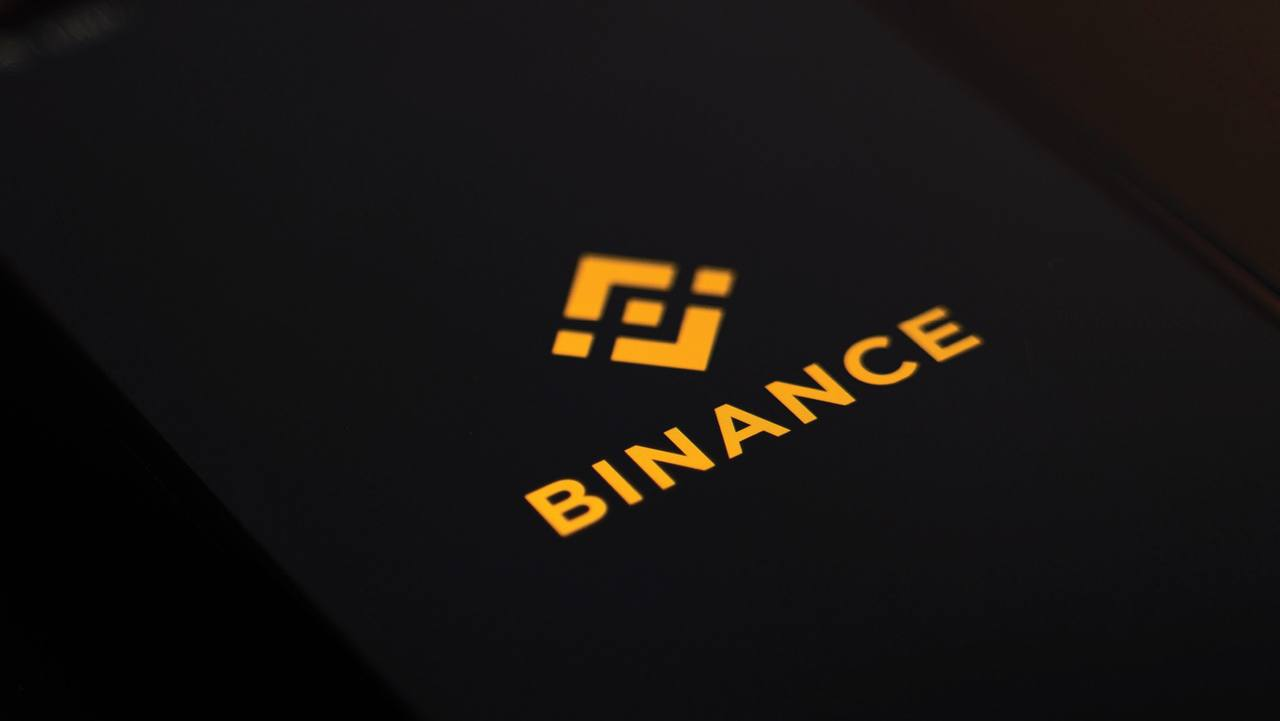
Binance, founded in 2017, is the world’s largest cryptocurrency exchange by trading volume. With a user base of nearly 30 million, and a daily trading volume of over $2 billion, Binance is ranked as one of the best crypto exchanges in the world. Binance boasts an incredible offering of over 600 cryptocurrencies for users to buy, sell and trade, including its native token, BNB.
Naturally so, because of its massive user base and daily transaction volume, Binance needs to be a secure and reliable trading platform. Binance has a wide range of security features designed to safeguard users’ funds.
Binance has a Secure Asset Fund for its users, SAFU for short, which is a method they utilize to safeguard user funds. A small portion of the fees from each trade that takes place on the platform is transferred into this fund. In the event that their users suffer a financial loss as a result of a hack or compromise, the fund will be utilized to cover the financial loss suffered.
Binance also includes various other security measures, including Two-Factor Authentication (2FA), FDIC insurance, address whitelisting, device limits and cold storage, among others. Due to all of these factors mentioned above, Binance can be classified as one of the most secure crypto exchanges in the world.
While Binance has previously been hacked, all users’ funds were successfully returned to them at the cost of the exchange.
FTX
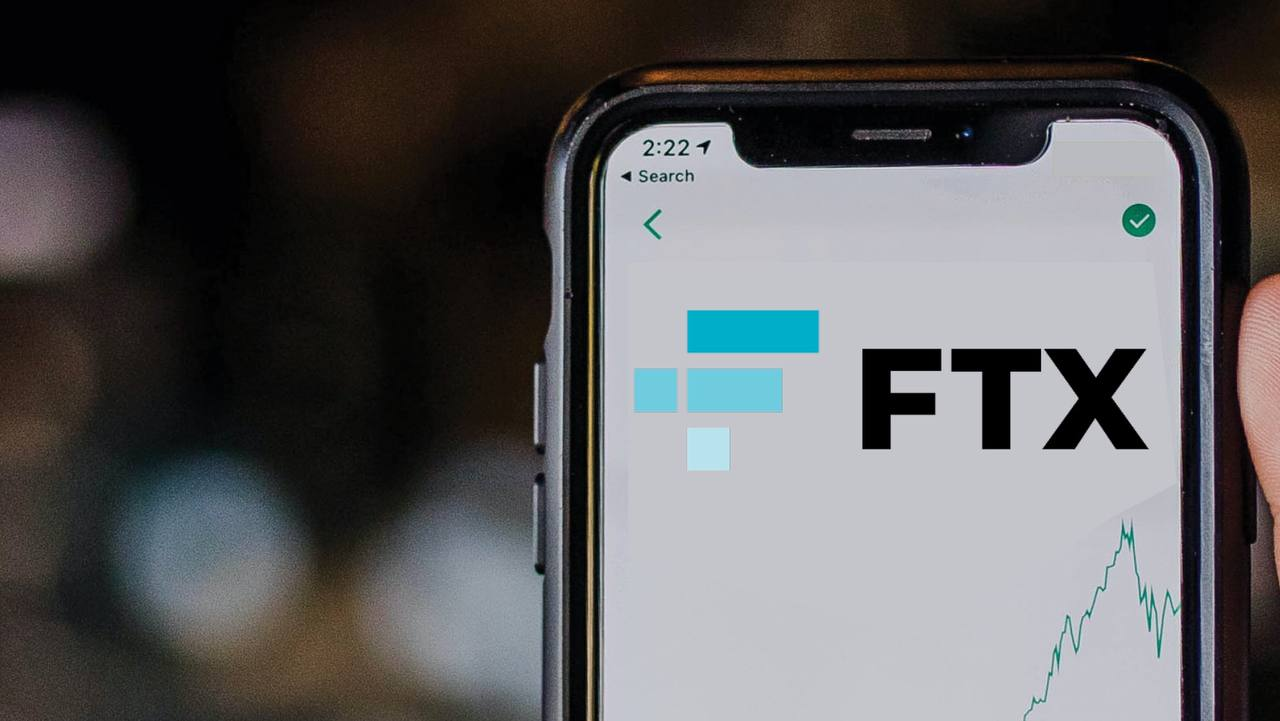
FTX is among some of the world’s largest cryptocurrency exchanges. Founded in 2018 by Sam Bankman-Fried, the trading platform offers innovative products including industry-first derivatives, options, volatility products and leveraged tokens. It also provides spot markets in over 100 cryptocurrency trading pairs, including its native token FTT.
FTX has been able to uphold its image as a secure cryptocurrency exchange ever since its inception as it has never been hacked or otherwise compromised in any other way. Some argue that because of this, the exchange is ranked among the best crypto exchanges in the world.
FTX protects the privacy of its users’ personal information and the security of their cash by utilizing a variety of different security measures. These measures ensure that users’ funds are kept in a secure environment. Some safety measures include: Cold wallet storage, Two-Factor Authentication (2FA), FDIC insurance, withdrawal lock, whitelisting IP’s, Whitelisting wallet addresses, and others.
Additionally, FTX recently partnered with Chainalysis to employ their Know Your Transaction (KYT) service to monitor any fraudulent cryptocurrency transactions. Because of this, the trading platform is able to monitor cryptocurrency transactions in real time by utilizing software that complies with anti-money laundering (AML) regulations.
Coinbase
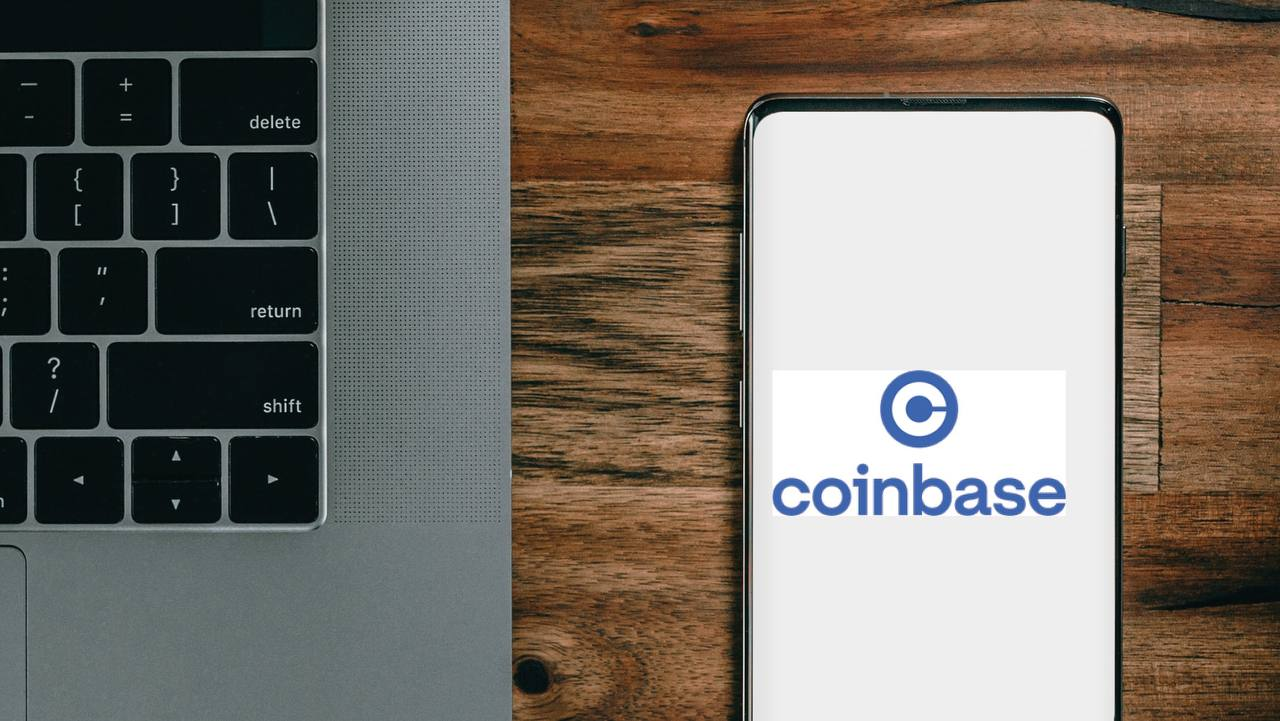
Coinbase was the first cryptocurrency exchange to go public on the Nasdaq Stock Market in 2021. The trading platform was founded in 2012 by Brian Armstrong and Fred Ehrsam. Coinbase has approximately 103 million verified users, 14,500 institutions, and 245,000 ecosystem partners in over 100 countries.
Coinbase has an intuitive user interface. For beginners, it’s a relatively easy to use platform to make crypto purchases. If you’ve ever traded a particular stock using an online brokerage, you will likely find your experience with Coinbase to be similar. Coinbase also offers users the option to upgrade to a more advanced version of the platform known as Coinbase Pro if you’re a more advanced trading experience.
Coinbase claims to store 98% of its clients’ cryptocurrency offline, in secure cold storage, the remaining 2% is utilized to facilitate trading volume. Additionally, the cryptocurrency holdings on the exchange are protected by insurance.
Other security measures include Two-Factor Authentication (2FA), insurance for hot storage if Coinbase is breached, biometric fingerprint logins, cold storage, FDIC-insured USD balances and AES-256 encryption for digital wallets.
Even though Coinbase was the victim of a breach in the past, it is still a perfectly safe trading platform for purchasing cryptocurrencies.
Bitfinex
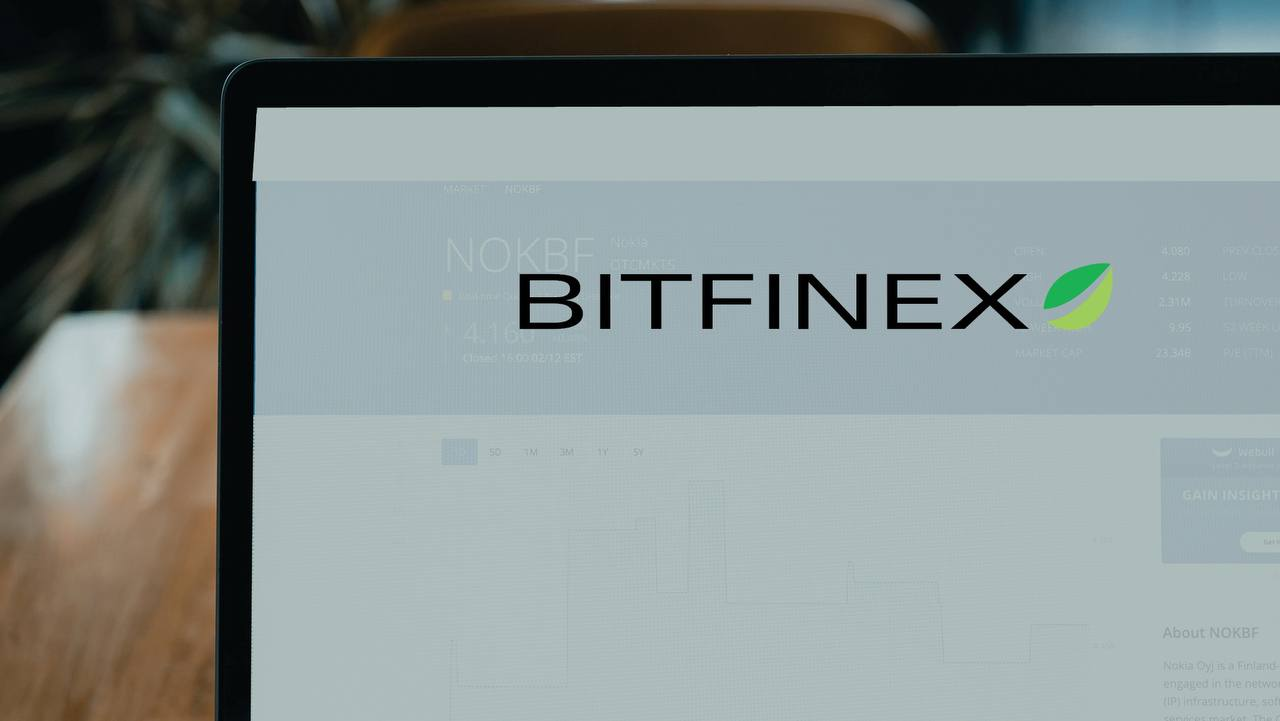
Bitfinex was also founded in 2012, like Coinbase, making it one of the older and more reputable crypto exchanges. Bitfinex supports over 170 cryptocurrencies on its trading platform, including Bitcoin, Ethereum, Terra, Tether, Solana, Litecoin, Ripple, and many others.
According to the Bitfinex website, the overwhelming majority of system funds are stored in offline, multi-signature cold wallets. Only approximately 0.5% of virtual assets are accessible in hot wallets for day-to-day platform operation. As an added protection, the cold wallets are not available from the platform or the platform servers.
Bitfinex has experienced breaches in the past, and due to this, Bitfinex takes extra precautions to secure its trading platform. These include storing 99.5% of user funds in cold storage, Two-Factor Authentication (2FA), advanced APIs for connecting third-party services, DDoS protection, database encryption, regular backups and more. Users can also whitelist withdrawal addresses and IP’s.
Read here for more about security on Bitfinex.
MEXC
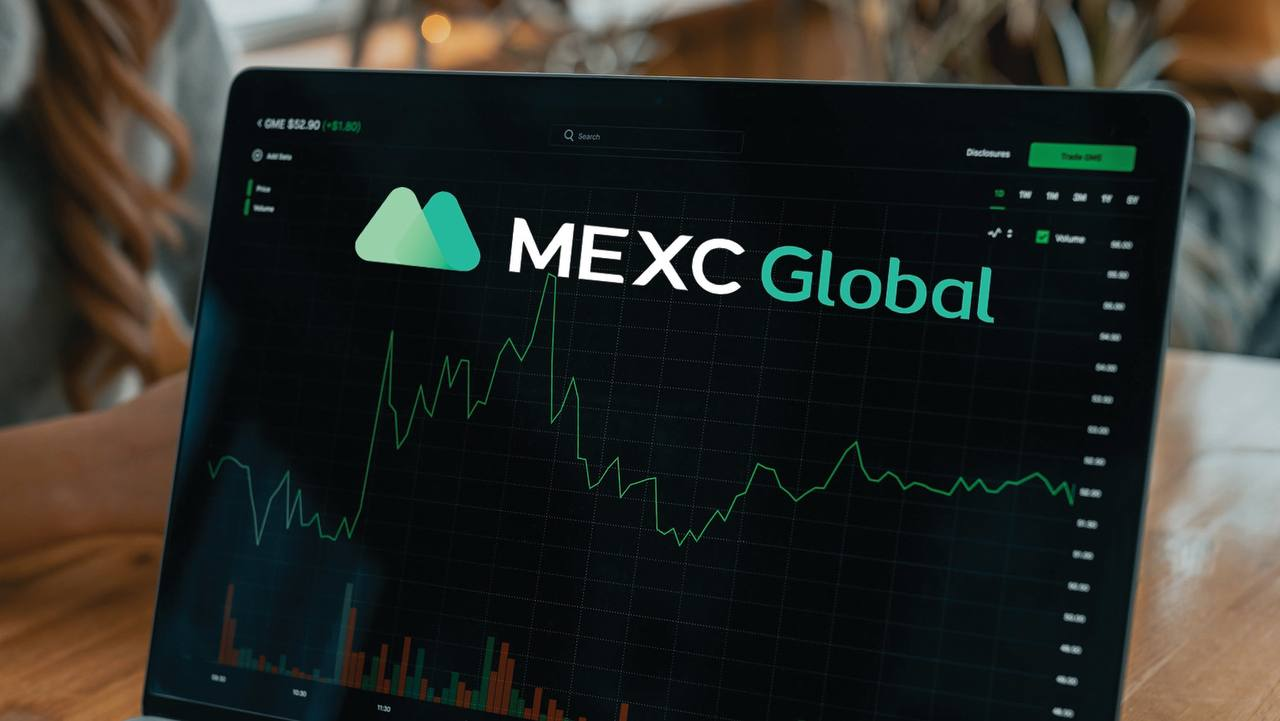
MEXC Global is one of the world’s leading crypto exchanges. Established in 2018, MEXC is trusted by over 7 million users in more than 70 countries around the world. The MEXC platform delivers a superlative trading experience with secure, safe, and speedy transactions, more than 1,100 listed cryptocurrencies, and intuitive usage.
Some of MEXC Global’s mainstream offerings include Bitcoin (BTC), Ethereum (ETH), Dogecoin (DOGE), and MX Tokens (MX), to name a few. Additionally, MEXC carefully screens up-and-coming altcoin projects to offer a wide selection of the most promising hidden crypto gems from across the globe.
MEXC has a dedicated state-of-the-art security risk control system and an anti-DDOS system. Based on security designs such as multi-signature, offline signature, and layered architecture, MEXC stores its virtual assets in high-end cold storage wallets. These wallets manage approximately $500 million in cryptocurrency deposits.
Additionally, MEXC offers the majority of the common security features usually offered to users on some of the best crypto exchanges in the world, these features include Two-Factor Authentication (2FA), and e-mail verification/phone verification codes.
To date, no security breaches of the MEXC Global exchange have been reported.
RR2 announces strategic partnership with MEXC
How To Choose The Best Crypto Trading Platform
Choosing the best crypto exchange is never an easy task, especially when there’s so many to choose from. It’s important to remember that no two crypto exchange platforms are the same, there are a variety of factors to consider when selecting an exchange. Many crypto exchanges work differently, here’s what you need to know about choosing the best crypto exchange:
Security
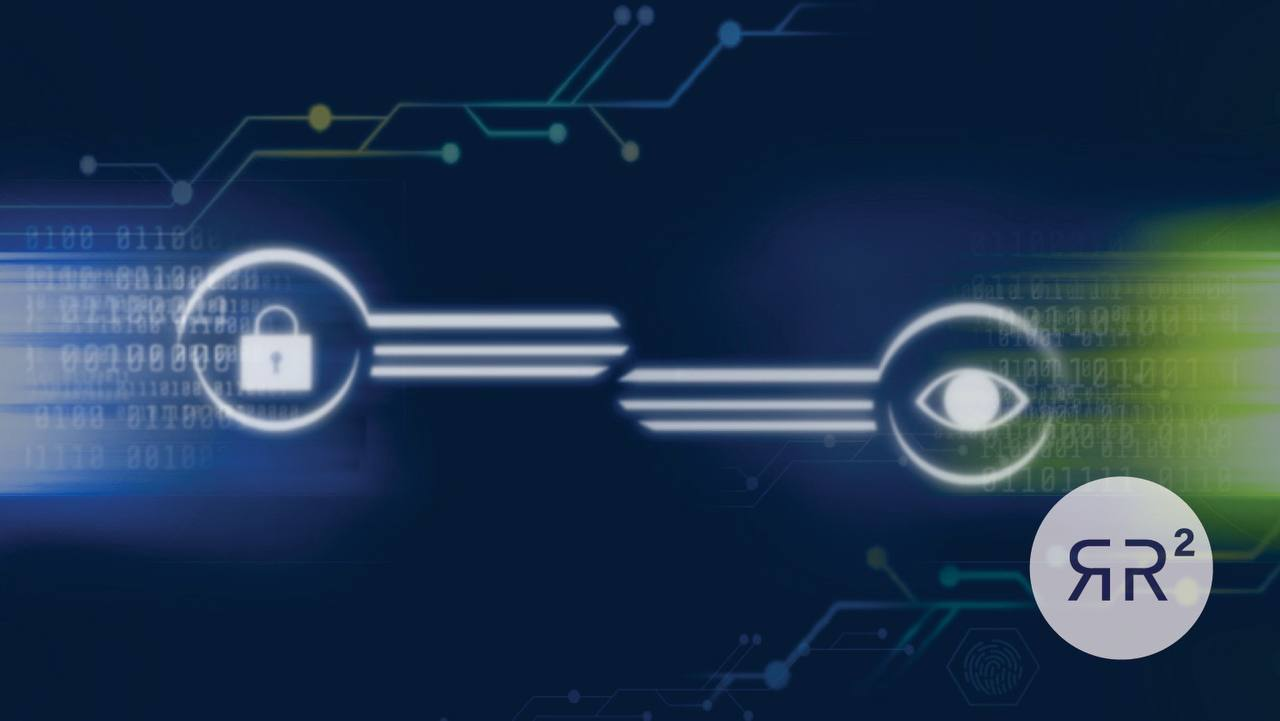
Virtual assets are not protected in the same way as money kept in a bank account or other traditional investment. This is because cryptocurrencies are not backed or governed by any central authority.
Some cryptocurrency exchanges purchase insurance policies to safeguard their consumers virtual assets stored on the platform. This ensures that funds are protected in the event that the exchange’s reserves are compromised by a hacker and any quantity of cryptocurrency up to the insured value was stolen.
Protecting your virtual assets has become more crucial in recent years as the price of cryptocurrencies has risen exponentially, the industry has attracted criminals looking for easy targets to steal from.
It’s important to try and find out the proportion of the exchange’s assets that are held in offline storage. Even though cryptocurrency exchanges must, by their very nature, maintain some assets in order to allow trades, it is vital that the bulk of holdings are stored cold storage, where it is more difficult for hackers to steal.
If you want the best security, it’s probably best to go with well-known exchanges that have a significant number of users. Smaller exchanges may not have the same level of security as larger ones so you may be exposing yourself to a higher level of risk. Most large-scale trading platforms have robust research teams to ensure the best security at any given moment.
While some experts recommend using multiple exchanges to minimize risk, you could also minimize risk by moving your crypto holdings out of an exchange’s wallet into your own secure cold wallet.
It’s important to remember that no two trading platforms offer the same security features. Always do the necessary research before trusting any trading platform with your assets.
Crypto exchange fees
Fees are also another factor to take into account when choosing your preferred exchange. You shouldn’t, however, automatically disregard an exchange simply because it has slightly higher fees than another exchange. There can be various reasons why some exchanges have higher trading or account fees than other crypto exchanges.
Some trading platforms may charge a slightly higher fee because their user experience and offering is far greater than others. Many exchanges have apps and other mobile trading services. Trading through a mobile app is often easier than website trading, especially for newbies. The increased safeguards and insurance that larger and more popular exchanges offer in return for their higher costs can make the higher fees an acceptable compromise in some instances.
Exchange fees are often calculated as a percentage of the total value of your trade, however, some trading platforms do charge a flat rate. Flat rate fees are usually more common when it comes to withdrawal fees and withdrawing from your crypto exchange account. Some exchanges, however, charge zero fees for some crypto trades and to deposit funds.
Trading fees are often structured differently depending on whether you’re buying or selling crypto. There is also the possibility that the costs will vary based on the currencies that you trade. Before you transfer any cash to an exchange, it’s important to understand how and when that exchange is going to charge you for transactions.
Coins offered
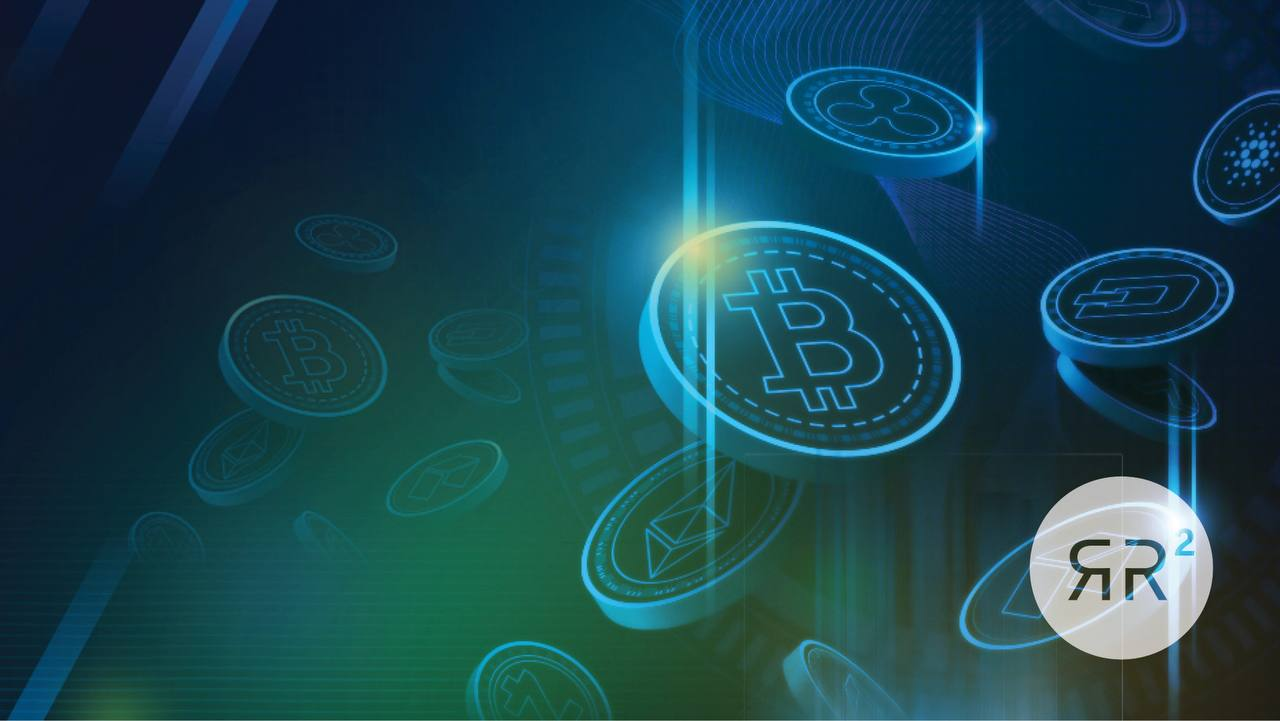
There are currently more than 19,000 cryptocurrencies in existence, it’s impossible for all of them to be listed on every exchange.
If you’re looking to buy or sell some of the more prominent cryptocurrencies, such as Bitcoin or Ethereum, you’ll probably be able to locate it on any exchange you’re thinking about using. Unfortunately, with some of the younger crypto assets with low market caps, you’ll probably have to shop around a bit more and compare between various exchanges.
It’s important to remember that these newer altcoins do tend to be slightly more risky that coins that have already established themselves. This is why many experienced crypto investors only invest in well-known cryptocurrencies such as Bitcoin and Ethereum. Take into careful consideration the various cryptocurrencies that may be purchased on an exchange as not every exchange will have all the coins you may want to buy.
Always remember, with any investment, you should only invest an amount of fiat currency that you are willing to lose. This specifically applies to the crypto market, because the market is still so new and volatile.
Storage
Storage can be a controversial topic among crypto enthusiasts. The adage “Not your keys, not your crypto,” is well known among the industry. This refers to the belief that people should store their public and private keys associated with their cryptocurrency holdings, rather than storing them on an exchange.
Nevertheless, all exchanges still offer this service to their customers. If you’re just starting out on your crypto trading journey, you may find it easier to find an exchange that lets you retain your cryptocurrency in the same place you purchased it. After some time, however, once you’ve gained significant holdings or gained more knowledge about the various storage methods, you can decide to retain your cryptocurrency in your own wallet rather than on an exchange.
It’s important to be wise when choosing your preferred exchange, as some trading platforms only allow you to store your crypto on their platform. If you start out using one of these exchanges and then at a later stage want to transfer your coins to an external wallet or to another exchange, you may find yourself in a bit of a sticky situation.
Rather do your research properly before choosing an exchange. You want to choose an exchange that gives you full access to your crypto to do with as you please.
Educational tools
Educational tools are specifically important for newbie traders. The availability of educational tools and resources about cryptocurrencies and trading should be important for crypto newbies when it comes to selecting an exchange. Starting out in the crypto industry can be confusing or overwhelming for some people, you’ll want to have educational resources right by your side if you’re left feeling confused.
If you are just getting started with cryptocurrencies, you’ll want to find a trading platform that is user-friendly and offers a wide variety of educational tools to assist you in understanding this complicated and fast evolving industry.
Liquidity
If you plan to use an exchange long-term to buy and sell crypto, you’ll need to ensure that the exchange has sufficient liquidity. Your preferred exchange should have a sufficient number of daily trades (trading volume) to guarantee that your holdings are liquid. This means that you will be able to sell them whenever you choose to do so. It is common for the most popular exchanges to be the ones with the highest trading volume.
If an exchange has a high trading volume at any given moment, this indicates that you’ll likely have a greater chance of buying/selling your cryptocurrency at the best possible price. If you choose an exchange that has low trading volume, you may land up paying a greater price than you would on an exchange that has high liquidity.
On CoinMarketCap, you can view a list of the top 200+ exchanges with the highest trading volume worldwide.
Where Can You Keep Your Crypto Safe?
If you intend to invest or trade in the cryptocurrency market, you’ll need to make use of a cryptocurrency wallet. A cryptocurrency wallet is a digital wallet used to manage and store your virtual assets. But what are the best types of cryptocurrency wallets and why are they important?
Cryptocurrency Wallets
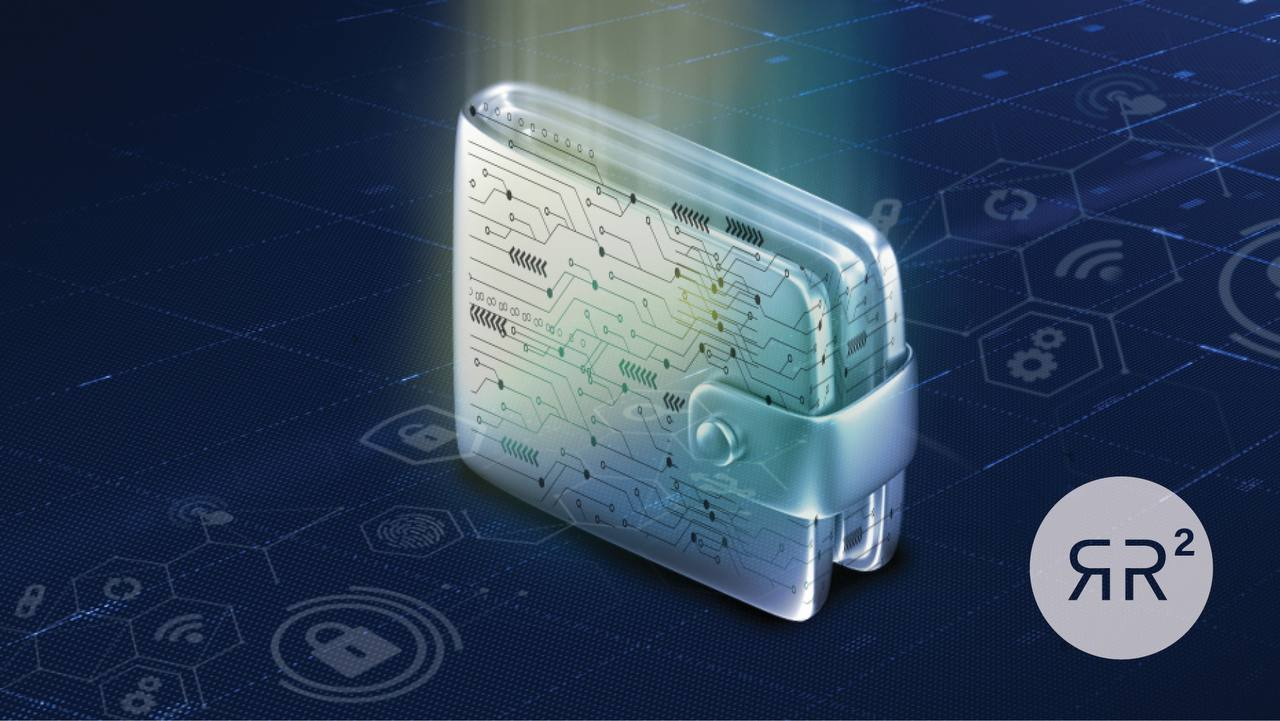
Firstly, a crypto wallet has two keys: A public key and a private key, both required to access a wallet.
Public key
Your wallet’s receiving address, which both you and other people may use to deposit cryptocurrency into your wallet, is referred to as a public key.
Private key
Your private key, on the other hand, is a one-of-a-kind string of characters that enables you to have complete access to your funds, including the ability to transmit money to other people. It is imperative that you never reveal your private key to anyone else, since doing so would give someone the ability to “forge” your signature and take control of your wallet, which could make you lose money.
Despite the fact that there is a wide selection of cryptocurrency wallets accessible, everyone has their own preference. Below, we discuss the various types of cryptocurrency wallets:
Desktop wallets
Desktop wallets are applications that are downloaded and installed on your computer or laptop. Your private keys are then securely saved on the hard drive of your device. Because these wallets are connected to the internet, often known as a “hot wallet,” their level of security is naturally lower than that of other wallets.
Desktop wallets are common among cryptocurrency users who are just starting out and only want to store a small quantity of crypto. The only drawback associated with these kinds of wallets is the fact that they frequently call for a substantial quantity of storage space during the downloading process and a speedy internet connection when being used.
Web wallets
Web wallets, which are also known as exchange wallets, are wallets that are always connected to the internet and are managed by a third party. Typically, this is a cryptocurrency exchange.
It’s important to remember that when you use this kind of wallet, the private keys to your cryptocurrency are kept on a server that is not under your direct control. This gives exchanges access to your private keys. Users of this kind of wallet may quickly access their money using either a smartphone or a computer, as the wallet is compatible with both platforms.
Unfortunately, due to the fact that these kinds of wallets are easily accessible by utilizing your exchange login data, they are frequently the target of hacking attempts. As a result, we strongly recommend utilizing Two-Factor Authentication (2FA) for increased protection against bad actors. Some of the best trading platforms, however, do provide some kind of safety in the form of insurance for customers in the event that the exchange is compromised by hackers.
Mobile wallets
Mobile wallets enable users to make transactions using their smartphones, such as buying and selling products and services using cryptocurrencies.
In the case of a mobile wallet, your private keys are stored in the mobile wallet, which takes the shape of an application that you install on your smartphone.
Mobile wallets are, however, susceptible to becoming hacked. If a bad actor gets their hands on your smartphone, it may be easy for them to gain access to your funds. This is especially true if you have not set Two-Factor Authentication (2FA) on your account. If you do decide to use this kind of wallet, you should only put as much cryptocurrency into it as you will need in the near future.
It is essential to be careful of fraudulent wallet applications. This is another way that hackers are targeting people.
Hardware wallets
Because your cryptocurrency is held offline (cold storage) in a hardware wallet, many people believe it to be the safest type of cryptocurrency wallet currently available.
This kind of wallet encrypts your private keys and keeps them in a trustworthy physical device that you own and are in complete control of at all times. This means that the likelihood of getting hacked is significantly reduced as a result.
If you want to be absolutely certain that you are getting a genuine hardware wallet, you should only buy hardware wallets straight from the manufacturer. Some of the most common hardware wallets include, The Ledger Nano X, The Trezor Model T and NGRAVE.
Paper wallets
A Paper wallet is essentially just a piece of paper that has the code for both your public and private keys. The fact that your private keys are kept offline is the primary benefit of using a paper wallet; as a result, a paper wallet is completely resistant to being hacked.
The sole drawback of a paper wallet is that it is difficult to store because of the nature of the wallet itself. Keeping in mind that you are writing incredibly vital information on a piece of paper, it is recommended that you put the paper in a plastic bag that is sealed and store it in a safe area that is dry. This will prevent any harm from occurring to the paper.
For the highest level of security, some people even go to the trouble of laminating their paper wallets and putting them in safety deposit boxes or bank vaults to keep them secure.
We hope that by the time you’ve finished reading this, you’ll have enough information to choose the best crypto exchange and wallet to will serve all your
About RR² Capital
RR² Capital is a Lisbon-based Venture Capital (VC) firm empowering the ‘new internet’. RR² specializes in disruptive technology spaces such as decentralized ledger technology, Artificial Intelligence (AI), machine learning and virtual assets. They believe that many traditional businesses and organizations will implement these technologies, adding immense value to the core of those businesses.
RR² Capital’s mission is to capture value by investing in early stage projects and teams who are leading innovation and disruption within the Web 3.0 space. The team operates a strategy centered on a long-term vision, developing long standing relationships, utilizing trusted advisors in decision-making, building an integrated network of first-movers and instilling the trait of flexibility in its team.
This has positioned RR² Capital as experts in value creation, reporting 1,011% returns across a portfolio of 140+ investments in 2022.
For more information about RR² Capital and our expansive disruptive technology-focussed investment portfolio, visit our website here or send us a mail here.
Follow RR² Capital on Twitter.

